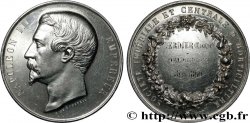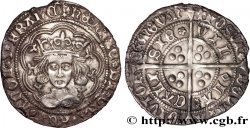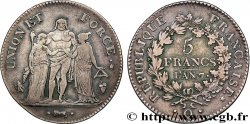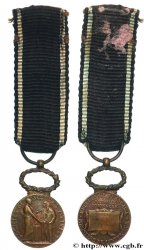v11_1904 - 20 francs or Napoléon III tête nue 1859 Strasbourg F.531/16
MONNAIES 11 (2002)
Начальная цена : 83.85 €
Назначить цену : 129.58 €
Цена реализации : 83.85 €
Начальная цена : 83.85 €
Назначить цену : 129.58 €
Цена реализации : 83.85 €
Тип 20 francs or Napoléon III tête nue
Дата: 1859
Монетный двор / Город: Strasbourg
Количество отчеканенных монет: 5868250
Металл: gold
Проба: 900 ‰
Диаметр: 21 mm
Ориентация осей монеты: 6 h.
Вес: 6,43 g.
Век: inscrite en relief ***** DIEU * PROTEGE * LA * FRANCE
Комментарии о состоянии
Exemplaire convenable pour ce millésime dont l’usure se limite à la pointe de la moustache, l’extrémité de la barbiche, les mèches de cheveux les plus en relief
Ссылки в каталоге: :
Лицевая сторона
Аверс: легенда: NAPOLEON III - EMPEREUR.
Аверс: описание: Tête nue de Napoléon III à droite ; signé BARRE au-dessous.
Обратная сторона
Реверс: легенда: EMPIRE FRANCAIS // 20 / FRANCS / 1859 // BB.
Реверс: Описание: dans une couronne de laurier .








 Cообщить об ошибке
Cообщить об ошибке Распечатать страницу
Распечатать страницу Отправить мой выбор
Отправить мой выбор Задать вопрос
Задать вопрос Consign / sell
Consign / sell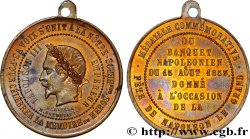
 Информация
Информация